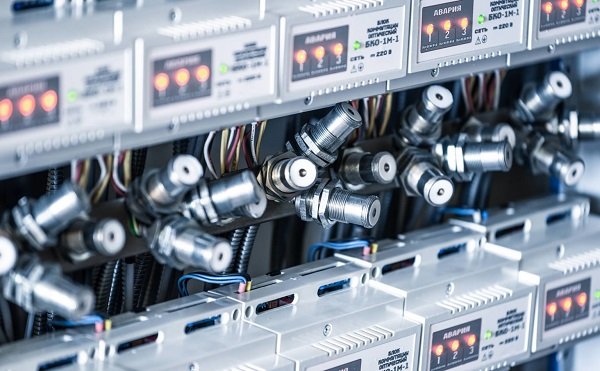Präzision und Effizienz: Die Rolle führender Industriesensoren in der modernen Fertigung

In the era of smart manufacturing and automation, sensors play a crucial role in optimizing processes, ensuring quality, and enhancing safety. Among these, leitende industrielle Sensoren stand out as essential components that drive precision, efficiency, and reliability across industries. From monitoring temperature to detecting motion, these sensors are the backbone of intelligent automation.
What Are Lead Industrial Sensors?
Lead industrial sensors are advanced sensing devices used in industrial settings to detect and measure various physical parameters such as pressure, temperature, motion, and proximity. These sensors provide real-time data that helps industries optimize production, prevent failures, and improve operational efficiency.
Types of Lead Industrial Sensors and Their Applications
- Annäherungssensoren
- Detect the presence of objects without physical contact.
- Used in conveyor belts, packaging systems, and assembly lines.
- Temperatur-Sensoren
- Monitor heat levels in machinery and production processes.
- Essential for industries like metallurgy, plastics, and food processing.
- Pressure Sensors
- Measure fluid and gas pressure in pipelines and hydraulic systems.
- Critical for aerospace, automotive, and chemical manufacturing.
- Motion & Vibration Sensors
- Detect movement, acceleration, and vibrations in industrial machinery.
- Used for predictive maintenance to prevent equipment failures.
- Optical & Vision Sensors
- Utilize lasers and cameras to inspect products for defects.
- Found in quality control and robotic automation systems.
The Benefits of Lead Industrial Sensors in Automation
- Enhanced Accuracy & Precision: These sensors eliminate human errors by providing real-time, highly accurate data.
- Increased Efficiency: Automated monitoring reduces downtime and optimizes machine performance.
- Predictive Maintenance: Sensors help identify potential issues before they lead to costly breakdowns.
- Safety Improvements: By monitoring hazardous environments, sensors protect workers from potential risks.
How Lead Industrial Sensors Are Transforming Industries
- Automotive Manufacturing: Sensors ensure precise assembly, detect faults, and optimize robotic operations.
- Electronics & Semiconductor Industry: Used for micro-precision measurements in circuit board production.
- Food & Beverage: Monitor temperature and hygiene levels to ensure product safety.
- Oil & Gas: Detect leaks, pressure changes, and hazardous conditions in pipelines.

The Future of Lead Industrial Sensors
With the rise of Industry 4.0, leitende industrielle Sensoren are evolving with AI integration, wireless connectivity, and IoT-enabled smart monitoring. These advancements will further enhance automation, improve efficiency, and enable seamless predictive maintenance, making factories smarter and more productive than ever before.
